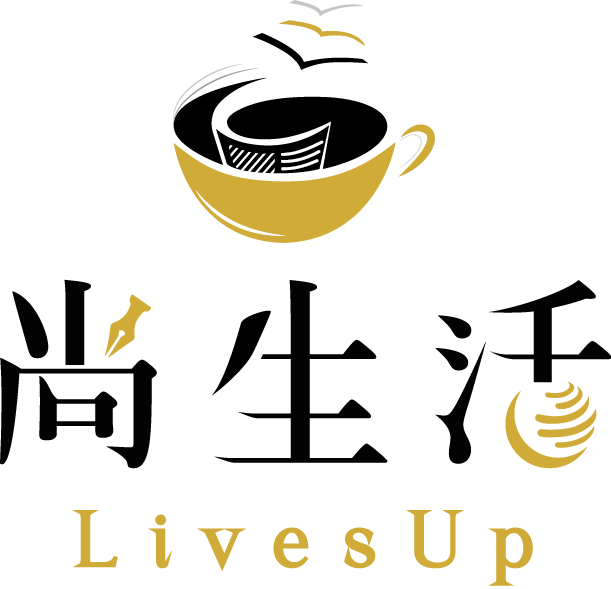Why I Stopped Forcing Kids Activities and You Should Too
My unschooling journey began ten years ago, and it was a deep dive into questioning the norms—a true challenge to the status quo. I pondered on everything from the conventional schooling system to the rigid dietary guidelines we blindly follow.
This introspection led me to embrace 'unlearning.'
In this journey of unlearning, one might wonder: Does unschooling serve as merely a counterpoint to traditional education, or does it signify a more profound alignment with our inherent learning instincts? This idea would shine a light on our discussion, laying down a base that pushes us to think outside the usual boundaries. We need to unlearn what we unconsciously or blindly follow as “good parenting.”
Parenting, as I learned, isn't black and white. It's influenced by our past, peppered with our aspirations, and constantly evolving with new findings. My own journey seesawed between my childhood experiences and the plethora of advice from books and mentors, all while striving to discern what felt inherently right.
Recalling my days as a tiger mom, I enforced strict routines and a slew of activities, from academics to sports, under the guise of fostering well-rounded development. Yet, witnessing my children's disinterest and realizing the futility of enforced participation led me to question: Was this truly beneficial? What did I need to unlearn?
When I noticed that my boys, whom I nurtured and cared for deeply, were not engaging in the activities I chose, it struck me as both a waste of time and resources. So, I shifted gears. I unlearned. I stopped pushing them into lessons that didn't spark joy or curiosity in them.
Here's what unfolded:
I gathered my sons and laid it out plainly: I was done selecting what I deemed beneficial or entertaining if it only led to dissatisfaction. They were now in the driver's seat of their educational journey. If they found something captivating they wished to explore, I was there to support them, but with a crucial caveat.
They needed to take ownership. Being ready on time, managing their equipment, and even waking up independently for early sessions were now their responsibilities. My commitment was clear: my time, energy, and resources were precious and would no longer fuel unappreciated endeavors. The three-strike rule was set — any lapse in their commitment would result in reconsidering the activity.
Years have passed since this policy was enacted, and its efficacy has been unequivocal. Not once have I faltered, nor have my sons resorted to excuses.
This transition highlighted a starker, perhaps more draconian, stance than my tiger mom days, underpinned by a belief: if the interest doesn't stem from them, why impose it? Life, after all, grants no favors without initiative or interest.
This shift towards a more self-directed approach wasn't just a change in our routine; it was a cornerstone in our unschooling philosophy, emphasizing respect for their autonomy and decision-making. It reinforced the idea: Being good at something isn't worth much if you don't love doing it, weaving this principle deeply into our family's educational fabric.
Acknowledging that happiness and success are unique to each individual and that our children's perspectives might vastly differ from ours was not just eye-opening—it was freeing. It fostered a transformation from leading to partnering, from directing to supporting, in my parenting journey.
Now, as we tread this path of mutual respect and understanding, unschooling has morphed into more than an educational choice; it has become a celebration of individuality, a deep trust in my children's potential, and a recognition of their distinct aspirations. Because unschooling is a philosophy, it still runs deep in our way of life even after all the boys have returned to the school system.
Embracing unschooling is akin to embarking on a journey of mutual discovery, where trust and respect are paramount. It's about witnessing our children's growth into their authentic selves, fueled by their curiosities and passions, away from the shackles of conventional achievement metrics.
Recognizing the distinct paths to happiness and success, unschooling emerged not just as an educational philosophy but as a profound acknowledgment of our children's unique journeys. It solidified the belief that education is as much about personal growth as it is about academic learning.
Our journey through unschooling wasn't merely about education; it was a transformative experience in trust, autonomy, and the deepening of our parent-child partnership, predicated on mutual respect and understanding.









Parenting 2.0 - Rino
(逢一)
You can find Part 1 here, where I talk about not saying no to sweets and snacks. And no. This article is not about saying “No” more to games, tech, and screen time either.…